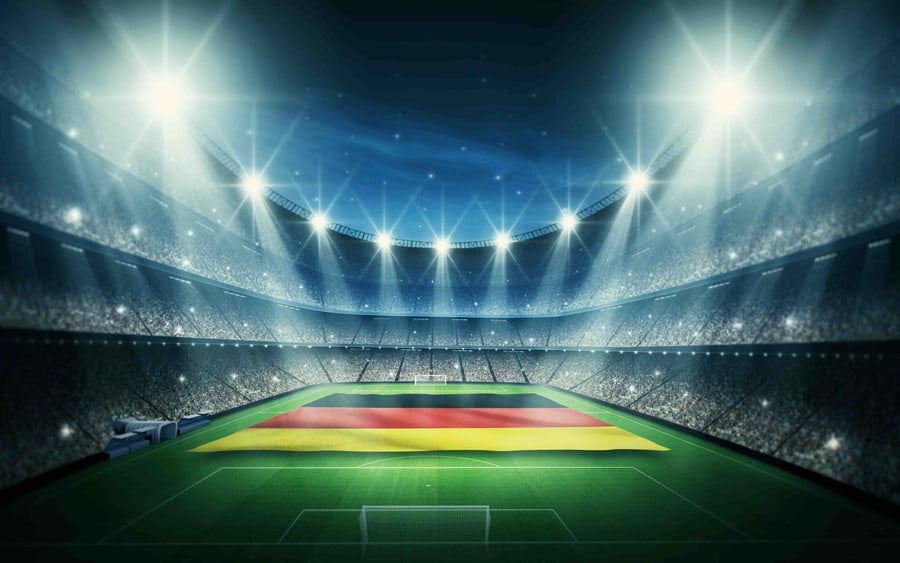COVID-19: practical guidance for those affected by cancelled sports events in Germany

Like virtually all football leagues worldwide, the German Bundesliga (DFL) has suspended the ongoing season[1] until at least the end of April and is contemplating, together with the German Football Association (DFB), options including ending the season early or conducting “ghost games” without spectators present. With EURO 2020 postponed until 2021, and if the situation with Coronavirus permits, the schedule would now in theory allow for the remaining league games to be played in late-spring and summer. The German Ice Hockey League has gone a step further and has already announced that no championship title will be played this year (the playoffs have been cancelled entirely) and the situation is much the same in other German and international sports leagues.
The crisis has left parties on the backfoot, questioning how to deal with the situation. Football clubs are confronted with the legal and economic consequences of cancelled events, where missing even a single home game can have a devastating impact. This is especially true for smaller clubs, and in the lower divisions where a greater proportion of total revenue comes from ticket sales. Many clubs now fear for their very existence; according to a self-assessment form, 13 of 36 Bundesliga clubs are reportedly facing solvency problems[2], including 4 in the first division. To try to mitigate this, the representatives of the German Football League have taken number of measures, including softening the consequences of insolvency.
In light this nightmare scenario, this article addresses number of legal questions about sports events that have been raised to the author in Germany. It also gives a few practical tips on what the relevant parties can or should being doing in these circumstances. Specifically, it looks at:
- What rights do spectators and season ticket holders have if their event is cancelled (or games are played behind closed doors)?
- What happens if the event is postponed to a new date?
- What impact do cancellations have on sponsorship agreements?
- What is the relationship between the organizer of an event and other service providers?
To continue reading or watching login or register here
Already a member? Sign in
Get access to all of the expert analysis and commentary at LawInSport including articles, webinars, conference videos and podcast transcripts. Find out more here.
- Tags: Commercial | Contract | Coronavirus | COVID-19 | Football | German Bundesliga (DFL) | German Football Association (DFB) | Germany | Sponsorship
Related Articles
- COVID-19: the impact on players’ contractual rights & obligations (key principles from case law)
- COVID-19: 10 legal considerations of extending the football season in England
- COVID-19: key points for football clubs on the UK Government’s job retention scheme
Written by
Dr. Philipp Wehler
Victoria Thusing
Victoria Thüsing is a legal clerk at Hoffmann Liebs.


 Global Summit 2024
Global Summit 2024